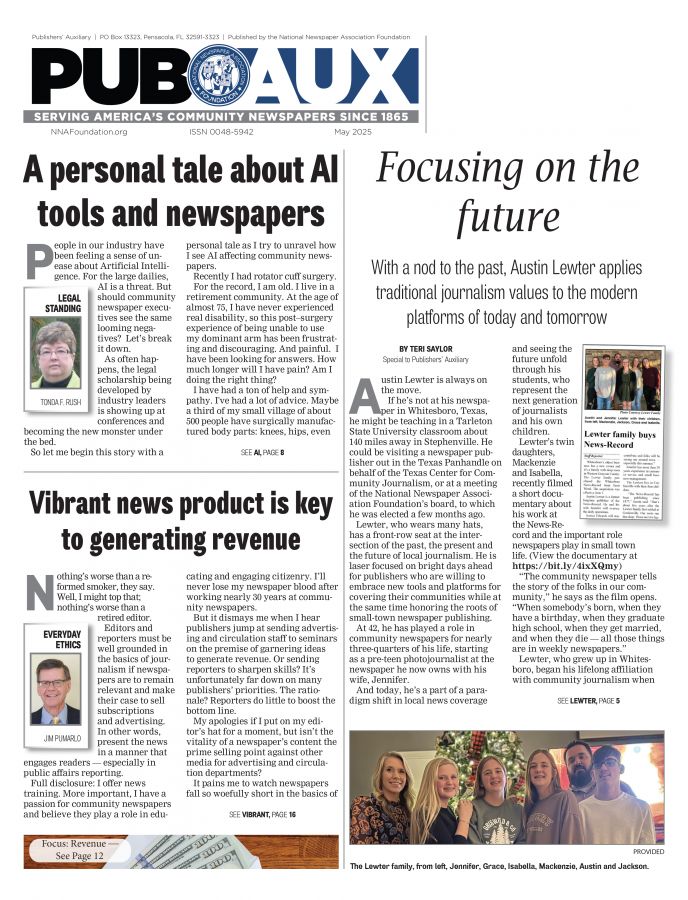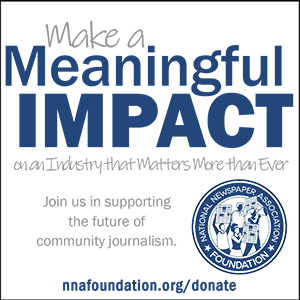Refugees welcome in North Dakota
May 9, 2016
By Katie Winbauer
NNAF News Fellow
When Marina Fathallah lived in Iraq and walked to school with her sister, she said they never thought they would reach the building.
She said shootings usually started at that time, and bombs could also be heard more than once on any given day.
Fathallah is a 20-year-old Bismarck State College student. She grew up in Mosul, Iraq, a city now occupied by the Islamic State of Iraq and the Levant.
“I didn’t even go outside a lot,” Fathallah said. “It was dangerous, so I used to stay home.”
When Fathallah was 15 years old, her dad decided the family needed to move. If he died, his daughters and wife would be left without a place to live in Iraq.
The family relocated to Turkey for a couple months before resettlement in the U.S.
Fathallah’s aunt lived in Bismarck, ND, and was able to help her family adjust.
Fathallah said the day her family arrived, they were greeted at the airport by her aunt, who cooked her family supper that night. There was also a representative from Lutheran Social Services of North Dakota present.
Jessica Thomasson, the chief executive officer of Lutheran Social Services of North Dakota, said the state has been a welcoming place for refugees to resettle and start their new lives.
Lutheran Social Services of North Dakota is the only federally recognized resettlement organization in the state. The organization has worked with refugees in North Dakota since 1946.
“We help people who are displaced by conflict find a safe place to begin rebuilding their lives,” Thomasson said. “The families that we work with are so eager to begin building their lives again.”
North Dakota receives about 400 refugees each year, according to the organization. The largest resettlement groups are Bhutanese and Iraqis, but there are also groups of refugees from Somalia, Eritrea, Sudan, Democratic Republic of the Congo and Liberia.
Thomasson said the purpose of refugee resettlement is not to “resolve world conflict.”
“There are certainly larger geopolitical issues that go well beyond the world of refugee resettlement, which is a humanitarian effort,” Thomasson said. “There is a huge conversation that has to go on about how to resolve conflict in countries around the world.”
Sen. John Hoeven, R-ND, said bringing refugees to this country would not solve any problems.
Specifically, Hoeven mentioned Syrian refugees, who have been fleeing Syria since the civil war began in 2011.
“We need to set up safe zones and take actions in the region with our allies,” Hoeven said. “We cannot solve the problem for the Syrian refugees by just having them all come to the United States.”
Hoeven stressed the need to work with other countries to defeat conflict on a military basis.
“We have to think in terms of solving problems, not creating additional problems,” Hoeven added.
To avoid the creation of potential terrorist activity, several background checks are conducted on every refugee before their admittance to the U.S. In addition, there are checks run by the FBI, CIA, Security Advisory Opinions, Consular Lookout and Support System, and the Inter Agency Check.
Sen. Heidi Heitkamp, D-ND, is on the Homeland Security Committee and said refugees are the most vetted people who come into the country.
One of the topics the committee discusses is radicalization of people who are transitioning to the U.S. Heitkamp said problems occur when people feel isolated and devalued because of their religion or skin color.
“We need to make sure that we are doing everything we can to integrate, communicate, continue to work with those populations,” Heitkamp said. “We don’t make it safer by demonizing a whole religion.”
Integrating successfully into the new communities is specifically what the refugee resettlement program’s work is, Thomasson explained.
“We help people get connected with English language classes, with employment, with education, with health care,” she added. “We help make sure they have a place to live when they move to the community.”
Fathallah said she learned basic English words in Iraq, but when she arrived here, she said she felt like she had never learned English before.
“Everything was different,” Fathallah said. “It was hard because school looked different. They looked different.”
Some of the differences Fathallah noted were things like students not wearing uniforms and having colors such as purple and green in their hair.
Thomasson also said that upon arriving in their new communities, refugees go through extensive orientation on what it means to live in an American community.
“I didn’t know what freedom really is, and I never experienced it in my life,” Fathallah said.
“Sometimes I feel like my life got harder than before, because I never had to worry about driving a car or working in a store.”
Freedom for Fathallah is now choosing her own career and driving a car to school each day.
Fathallah said that she would like to go back to Iraq some day, but not until the danger is gone.







